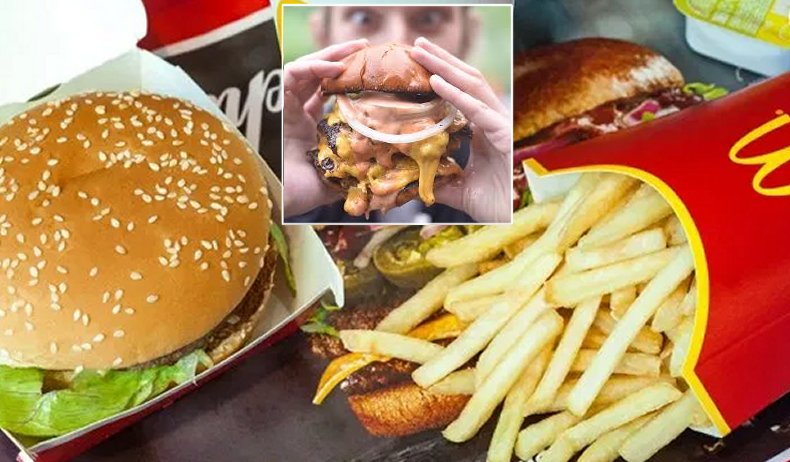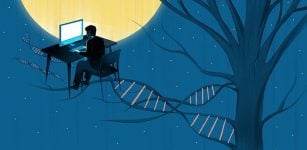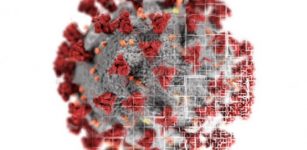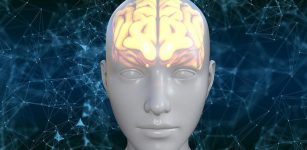Snacking, Overeating Usually Day And Night – Negatively Affect Our Body Clocks
Eddie Gonzales Jr. – MessageToEagle.com – Researchers say that the pleasure center of our brain that produces dopamine hormone and our biological clock that regulates physiological rhythms could be linked.
Eating high calorie foods, that bring pleasure, tend to disrupt normal feeding schedules- which results in over-consumption.
This behavior gives an increase in weight and possible heart disease, diabetes, cancer and health complications caused by obesity, such as hypertension, according to the study, published in the journal Current Biology.
During the years 1976 through 1980 – 15% of U.S. adults were obese. Today, about 40% of adults are obese. Another 33% are overweight.
“The diet in the U.S. and other nations has changed dramatically in the last 50 years or so, with highly processed foods readily and cheaply available at any time of the day or night,” Ali Güler, a professor of biology at the University of Virginia, said in a press release.
“Many of these foods are high in sugars, carbohydrates, and calories, which makes for an unhealthy diet when consumed regularly over many years.”
Half of the diseases that negatively affect humans are related to obesity.
“We’ve shown that dopamine signaling in the brain governs circadian biology and leads to consumption of energy-dense foods between meals and during odd hours,” Güler said.
This eventually results in obesity and obesity-related diseases, such as diabetes.
Güler also said the human body, through thousands of years of evolution, is hard-wired to consume as much food as possible as long as it’s available.
“We evolved under pressures we no longer have,” Güler said. “It is natural for our bodies as organisms to want to consume as much as possible, to store fat because the body doesn’t know when the next meal is coming.
See also:
Why Eating Apples Is Healthy – Secrets Behind The ‘Miracle Fruit’
Why We Shouldn’t Like Coffee, But We Do
Working Night Shifts May Have Very Negative Impact On Your Health
“But, of course, food is now abundant, and our next meal is as close as the kitchen, or the nearest fast-food drive-through, or right here on our desk. Often, these foods are high in fats, sugars, and therefore calories, and that’s why they taste good.
It’s easy to overconsume, and, over time, this takes a toll on our health.”
Today, we are working, playing, staying connected — and eating — day and night. This, Guler said, affects our body clocks, which were evolved to operate on a sleep-wake cycle timed to daytime activity, moderate eating and nighttime rest.
“A calorie is not just a calorie. Calories consumed between meals or at odd hours become stored as fat, and that is the recipe for poor health.”
Written by Eddie Gonzales Jr. – MessageToEagle.com Staff











